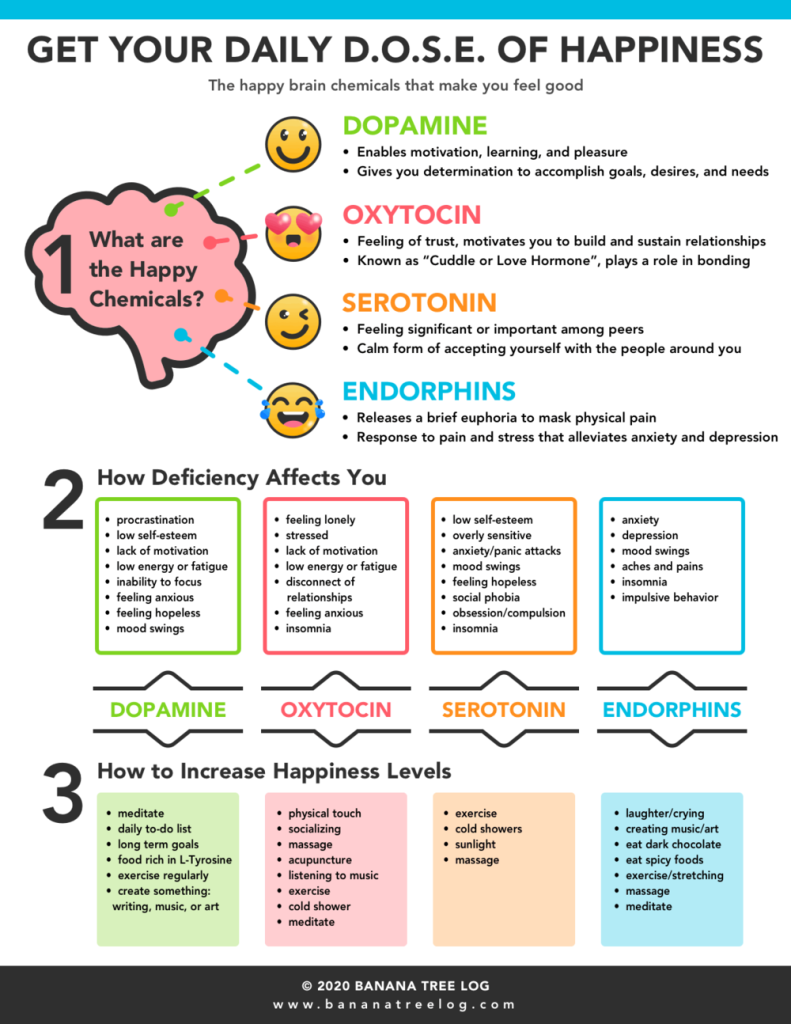Health and Wellbeing
This page is all about supporting you to care for your wellbeing, whether accessing mental health services or finding out how to improve your sleep. Knowing what steps we can take to support our wellbeing can help us feel better, sleep better and have better relationships with the people around us.
If you are struggling with your mental or physical wellbeing, Carefree really recommends in the first instance chatting to someone you trust about your concerns, maybe your PA, a teacher, a friend or your doctor. If you are struggling right now there is a list of support lines below.


Support
If you are struggling right now, you can ring:
NHS Mental Health Line-24/7 Call 0800 038 5300
Childline -24/7 up to 19. Call: 0800 1111. Get Support | Childline
Samaritans -24 hours a day. All ages. Call free: 116 123. Samaritans | Here to listen
Shout -24/7 Text support.Text SHOUT to 85258
Papyrus-9am to Midnight. Call 0800 068 4141.
Kooth– Free, safe and anonymous online support and counselling. Website: Home – Kooth
Brook– Cornwall Wellbeing Hub
Support with Health Costs
Here you will find useful information on how to access help with health care costs when you are 18 (e.g. eye tests, prescriptions and dental treatment).
Talk to your Personal Advisor who can help you with applying for financial support to cover these health related costs

Dental Health

Emotional Health & Wellbeing

There are lots of ways to manage and improve your emotional health and wellbeing. If this is an area you would like some support with- please contact your Carefree worker, PA or Social Worker.
The NHS Five Ways to Wellbeing Page also has lots of practical tips to improve your emotional health: 5 steps to mental wellbeing – NHS

Food and Nutrition
Recipes, top tips and useful contacts for local access to food.

Sleep
Podcasts, resources and information to support good sleep.
Frequently asked questions
What is good mental health and wellbeing?
Our mental health is just as important as our physical health! Good mental health can help with a lot of things, for example, it can help us to build healthy relationships, plan and solve problems, cope with stressful events, concentrate and manage our emotions.
It is very common for people to avoid talking about their mental health. but did you know, that 1 in 4 people will struggle with their mental health each week?
It can be helpful to talk to someone you trust about your mental health. That could be a friend, family member, your Social Worker, Personal Advisor or someone from school. It’s also really helpful to talk to your GP if you’re worried about your mental health.
There are lots of websites full of great information and resources if you would prefer to look through those first- We’d recommend Young Minds and a Cornish Charity Mind Your Way:
- Young Minds is the UK’s leading charity fighting for children and young people’s mental health. On their website you will find lots of information about different feelings, coping with life, mental health conditions, medications, supporting a friend and ways to access support and what this looks like. YoungMinds | Mental Health Charity For Children And Young People | YoungMinds
- Mind Your Way is a Cornish website designed by young people as a central place to find accurate information about mental health, emotional wellbeing and how to get help- including through signposting to local services. Mind Your Way | Help with your mental health and wellbeing.
How do I register with a GP?
How do I find an NHS dentist?
Where can I book GP appointments without talking to someone over the phone?
What do I do if I feel unwell and my GP surgery is closed?
NHS 111 can help if you think you need medical help right now. NHS 111 can direct you to the best place to get help if you cannot contact your GP during the day, or when your GP is closed (out-of-hours).
You can get help from NHS 111:
- by using 111 online (111 online is for people aged 5 and over. Call 111 if you need help for a child under 5.)
- in the NHS App
- by calling 111
I sometimes feel very anxious and can start to panic, how can I keep calm?
When we feel anxious it’s really common to experience physical symptoms in our bodies. You may feel short of breath, disoriented, nauseous, sweaty, shaky and have an irregular heartbeat.
If you are experiencing any of those symptoms at the moment try following the instructions from this video: https://www.youtube.com/watch?v=aNXKjGFUlMs
If you can’t watch the video right now, try taking a deep breath in for 4 seconds, and breathing out for 6 seconds until you start to notice your body relax.
If you want more tips on how to manage panic attacks visit https://www.youngminds.org.uk/young-person/my-feelings/panic-attacks/
Someone important to me has just died. Can I talk to someone?
Losing somebody close to you is never easy. Feelings of sadness, anger, depression, denial and worries are natural. Everyone manages grief differently, and if you’re finding it hard there is support out there!
This website has some more information and top tips: https://www.youngminds.org.uk/young-person/my-feelings/grief-and-loss/.
You can also get support from the Cornish charity, Penhaligon’s friends: Penhaligons Friends – A Cornish charity supporting bereaved children & young people
I’ve been encouraged to go for counselling/therapy, what would this be like?
Some young people have told us that the thought of therapy is scary as they don’t know what will happen there. Do you have to talk about things you don’t want to? Will you be made to lie on a sofa?
To learn more about what to expect, have a look on these links where there is more information and quotes from young people who have experienced it first-hand:
1. What to expect from counselling | YoungMinds
2. Counselling & Therapy | How To Access Therapy | YoungMinds
